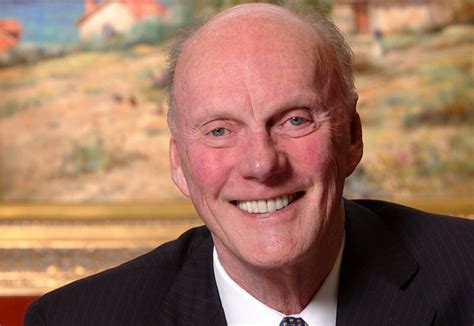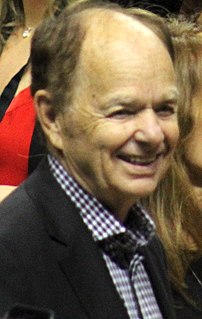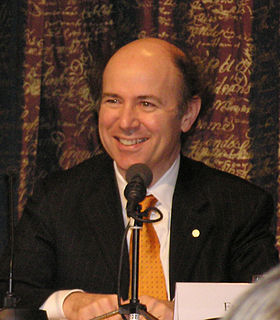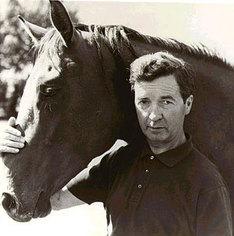A Quote by Fred Kavli
Physics is the most basic part of science and, of course, math. It gives you insight into everything - a foundation, I should say, to understand nature and the universe.
Related Quotes
Ayurveda is the science of life and it has a very basic, simple kind of approach, which is that we are part of the universe and the universe is intelligent and the human body is part of the cosmic body, and the human mind is part of the cosmic mind, and the atom and the universe are exactly the same thing, but with different form, and the more we are in touch with this deeper reality, from where everything comes, the more we will be able to heal ourselves and at the same time heal our planet.
From somewhere, back in my youth, heard Prof say, 'Manuel, when faced with a problem you do not understand, do any part of it you do understand, then look at it again.' He had been teaching me something he himself did not understand very well—something in math—but had taught me something far more important, a basic principle.
The primary consequence of the computational nature of the universe is that the universe naturally generates complex systems, such as life. Although the basic laws of physics are comparatively simple in form, they give rise, because they are computationally universal, to systems of enormous complexity.
Science may explain the world, but we still have to explain science. The laws which enable the universe to come into being spontaneously seem themselves to be the product of exceedingly ingenious design. If physics is the product of design, the universe must have a purpose, and the evidence of modern physics suggests strongly to me that the purpose includes us


































